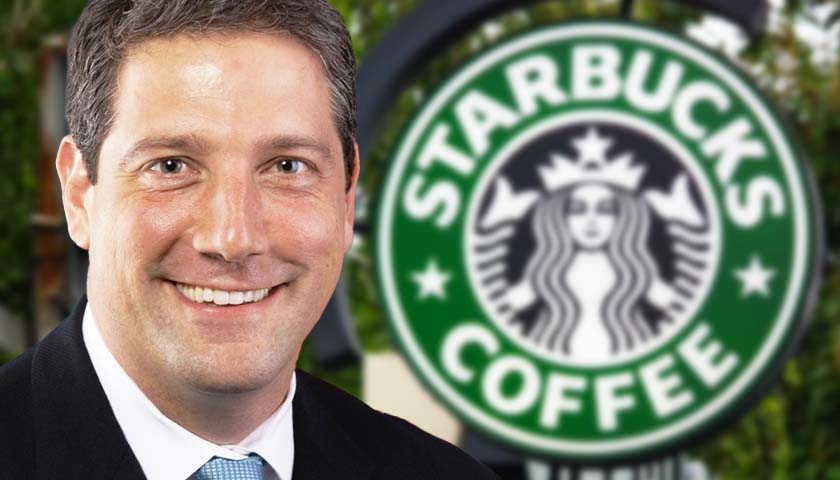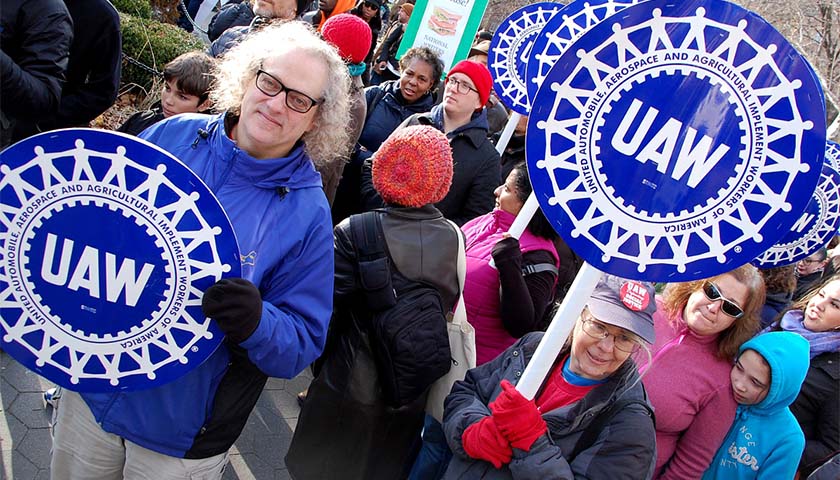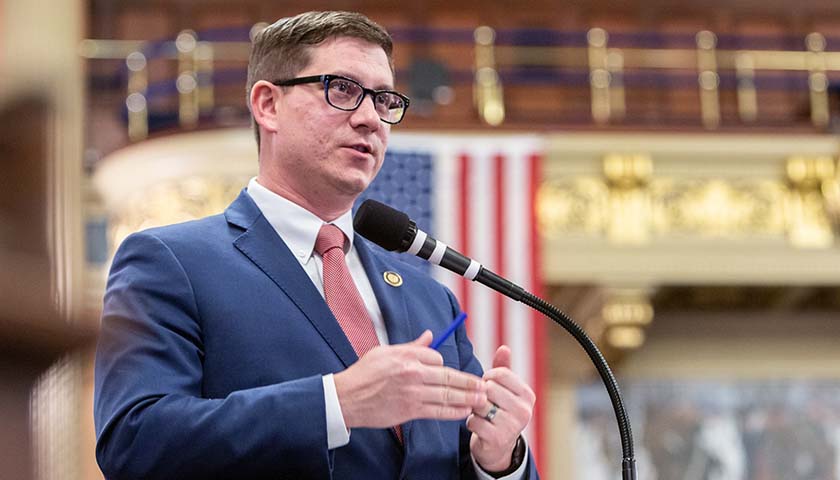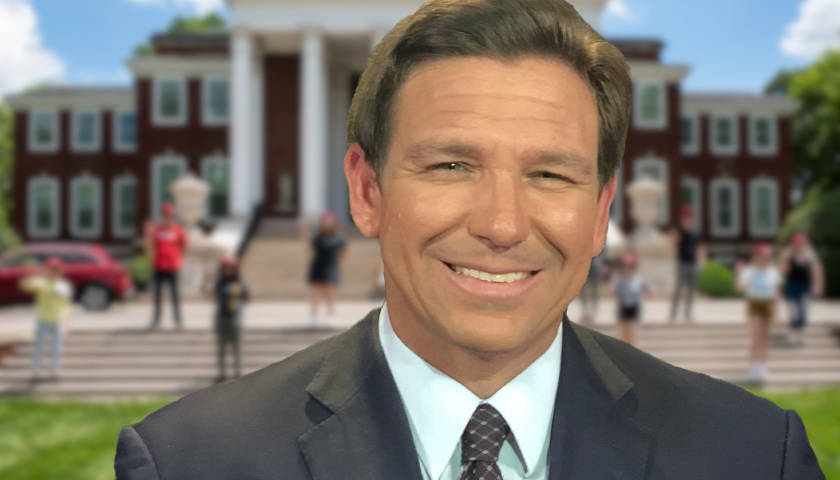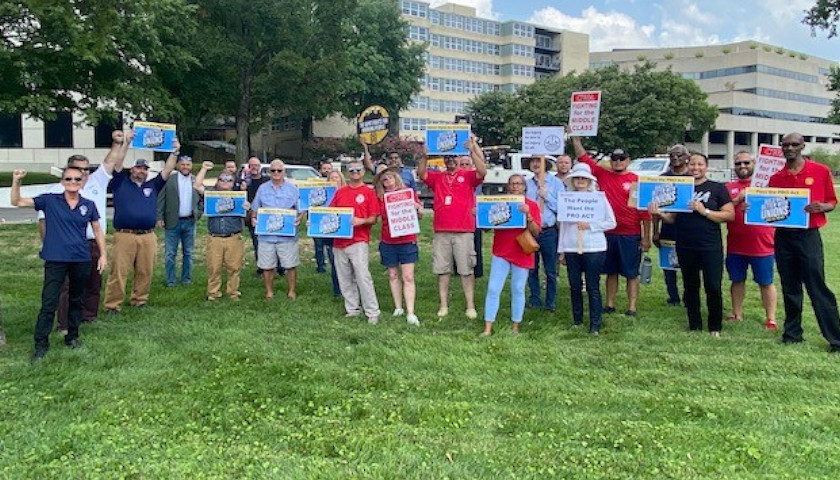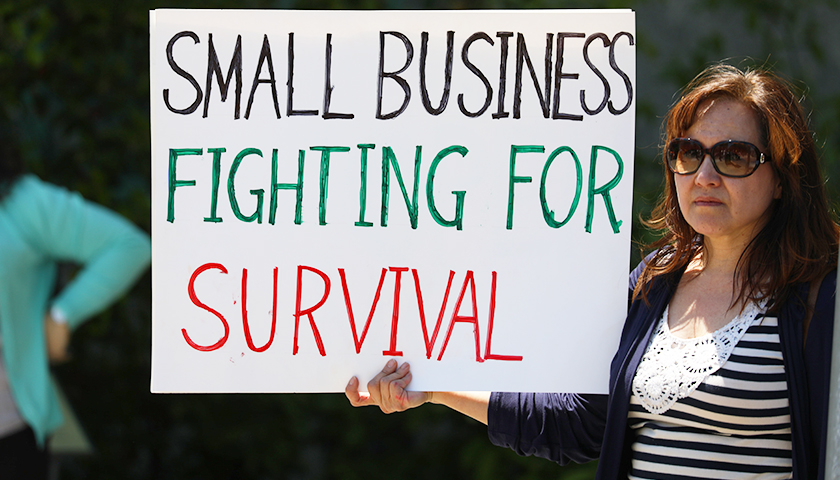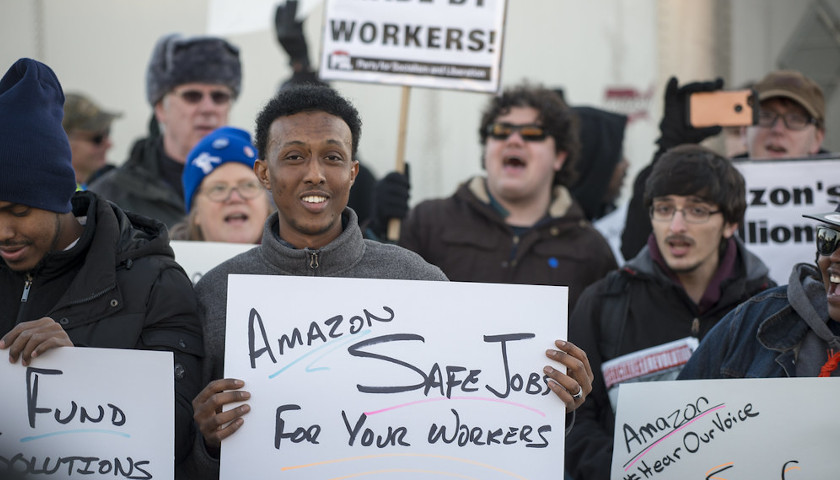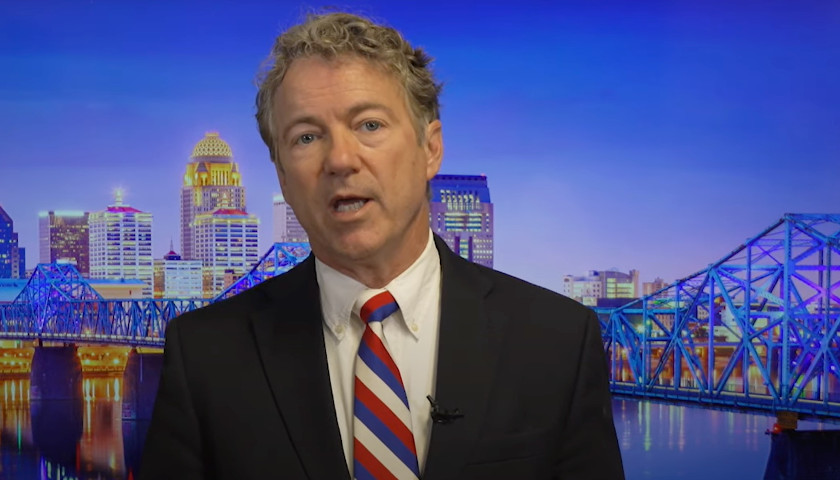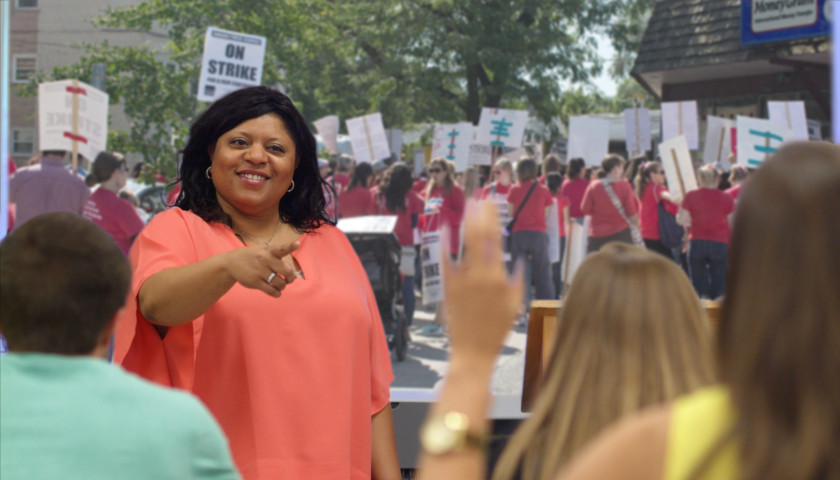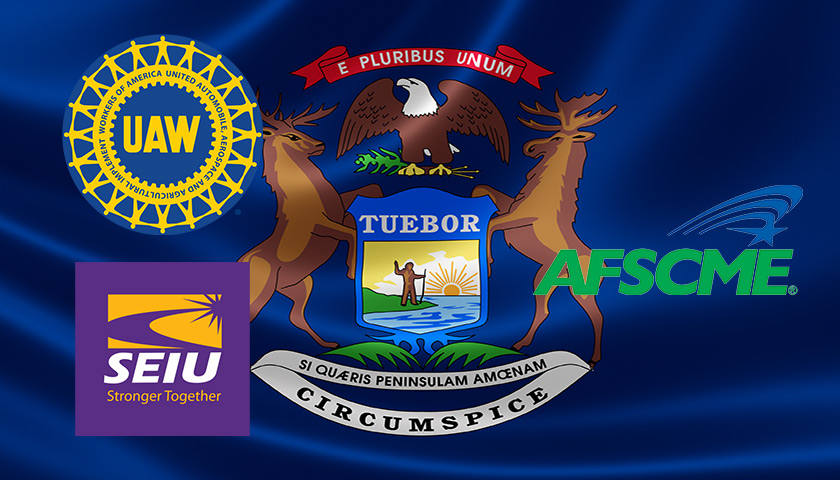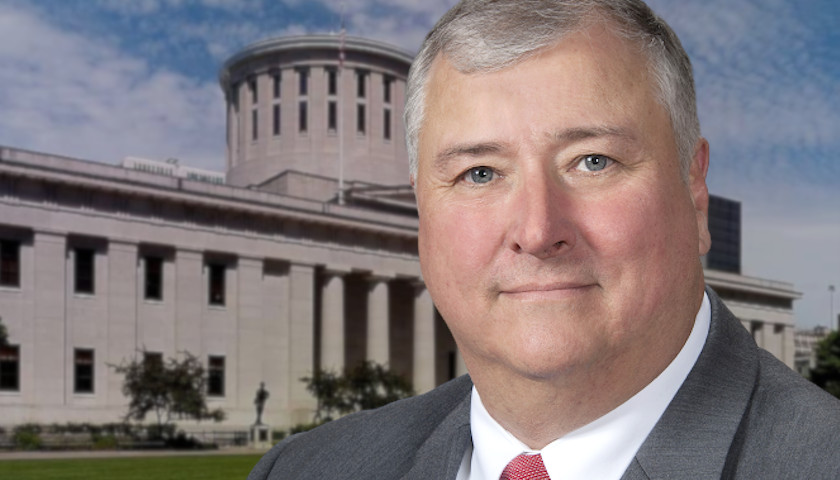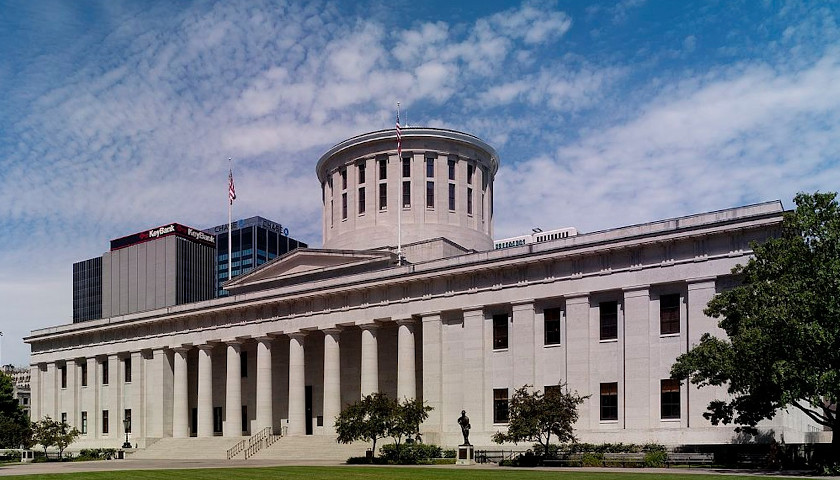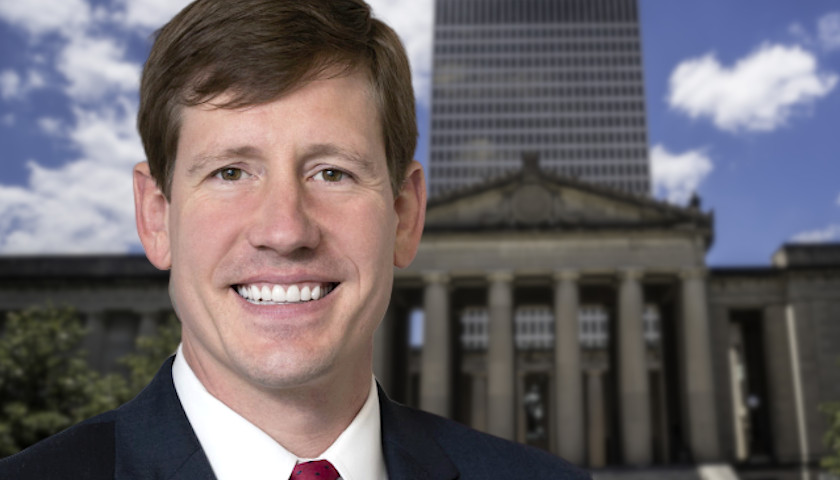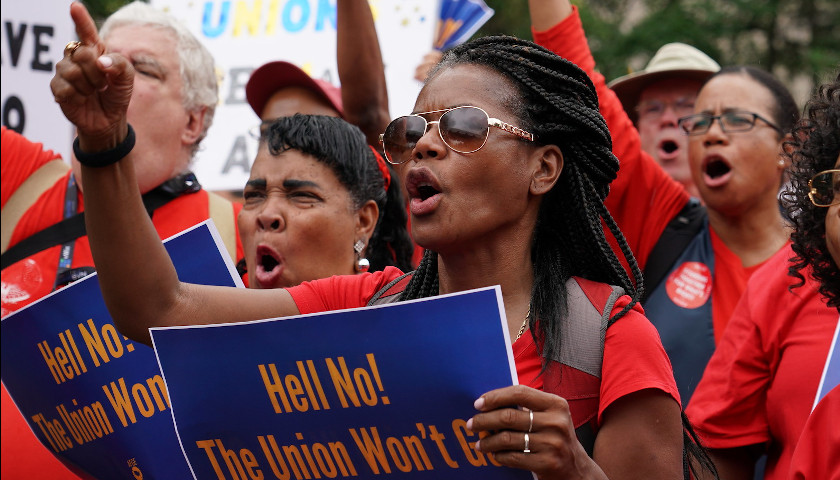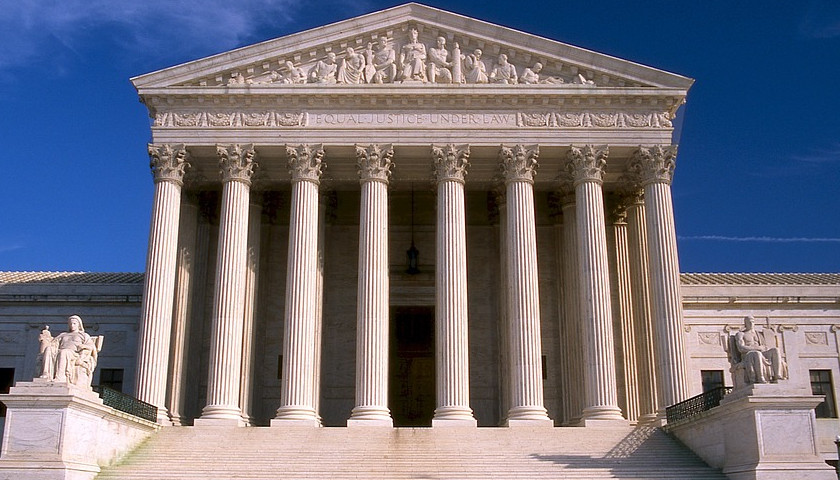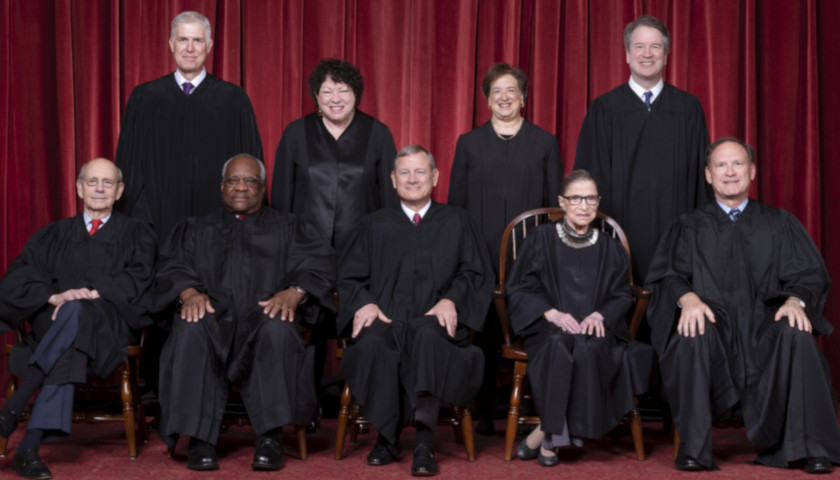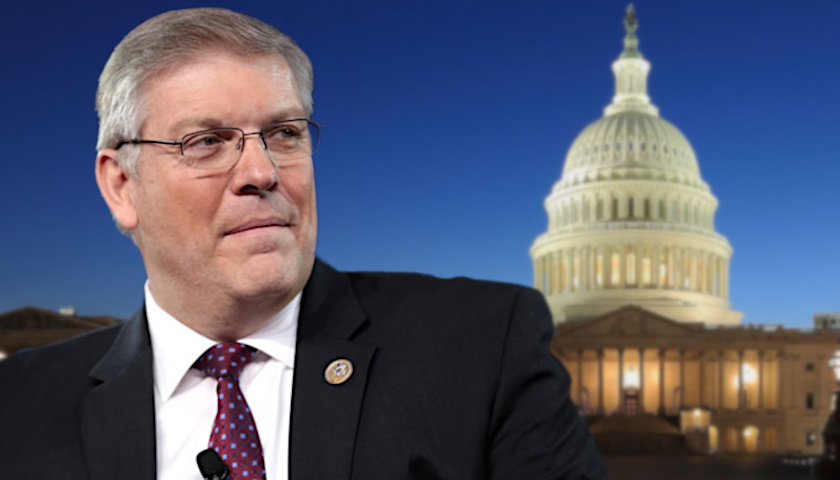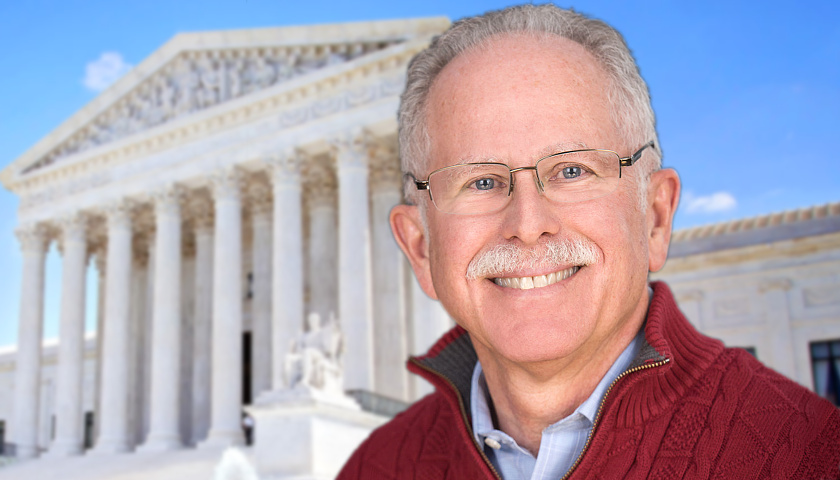By Bo Carr There is much discussion about healthcare nationally and regionally as questions surround the future of the Affordable Care Act (Obama-care), state expansion of Medicaid, strategies to solve the opioid crisis, and the shuttering of area hospitals. But December 31, 2017 marked the end of a benefit for state employees, leaving educators, in particular, uncovered and with few options. Most teachers do not realize that Medicare and other major medical insurance policies do not cover the custodial care most seniors will require, like home health care, respite care, adult day care, assisted living, nursing home, or hospice care. Tennessee’s Dave Ramsey writes in his blog, “As people age or become ill, they sometimes need help doing daily tasks like getting dressed, bathing and more. Long-term care (LTC) provides people with those services—but it’s expensive. According to the Alzheimer’s Association, the estimated cost for end-of-life care in 2016 ranged between $217,820 and $341,651. Most health and disability insurances won’t cover long-term care, but long-term care insurance will.” Teachers accessing the state’s 2018 health benefits website, partnersforhealthtn.gov, will find group insurance plans like major medical, dental, and disability. Long Term Care, which was once an affordable, accessible plan available…
Read the full story

